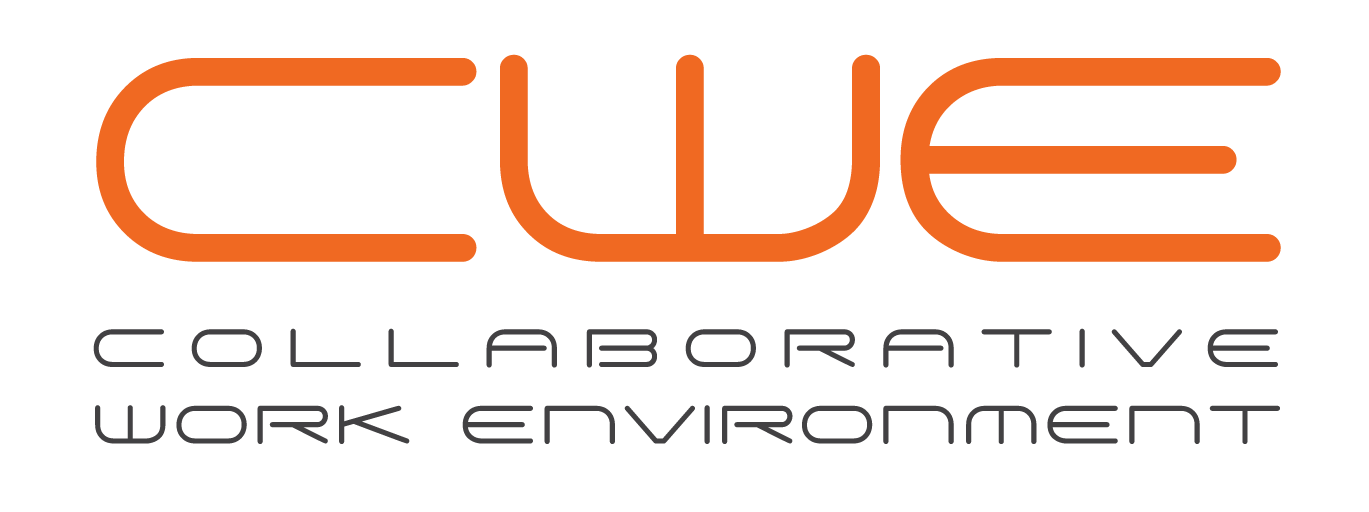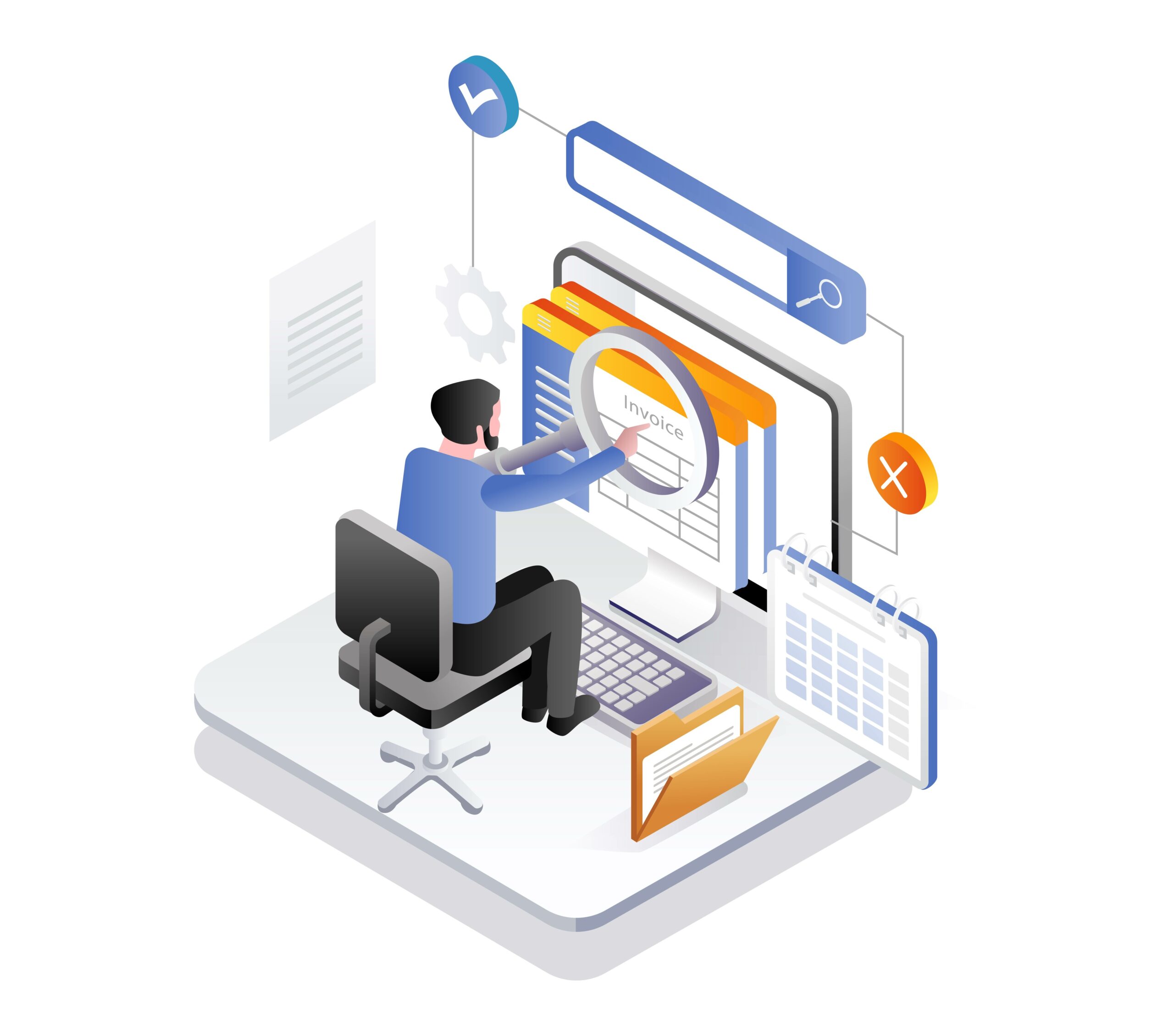One of the biggest challenges facing large corporations in 2023 will be managing their utility costs. Organizations lose millions each year in incorrectly billed and processed utility invoices. As the cost of energy continues to rise, businesses will need to find ways to reduce their consumption and lower their bills. This can be achieved any number of ways, some more obvious than others.
One way that companies can tackle this challenge is by implementing energy-efficient technologies. This could include replacing old, inefficient equipment with newer, more efficient models, as well as investing in renewable energy sources like solar or wind power. However, new energy-efficient equipment can be expensive. If this isn’t in the cards for you right now there are still steps you can take.
Another strategy that companies can use is to better manage their energy usage through the use of data analytics. By collecting and analyzing data on their energy consumption, businesses can identify areas where they are using too much energy and take steps to reduce their usage. This could include things like scheduling equipment to run during off-peak hours or installing sensors to monitor energy usage in real-time.
In addition to managing their energy costs, companies will also need to deal with the increasing complexity of the utility market. As more businesses turn to renewable energy sources, the traditional model of utility companies providing energy to consumers is changing. This means that companies will need to be more flexible and adaptable in order to take advantage of new opportunities and stay competitive.
Overall, the utility management challenges facing large corporations in 2023 will require a combination of energy-efficient technologies, data analytics, and adaptability in order to succeed. By addressing these challenges head-on, companies can reduce their energy costs and stay ahead of the competition.
There is a solution, Utility Bill Administration. In simple terms, UBA offers an integration of service providers to streamline utility invoice processing, payment, data presentment and administrative services. This allows for energy costs consumption and carbon reporting as well as utility invoice auditing and exception reporting which will streamline the approval process. As a result, organizations can more easily identify areas to save, drastically reduce the chance for human error, ensure billing is correct, and by examining the data captured provide insight for more informed decision making.



Comments are closed